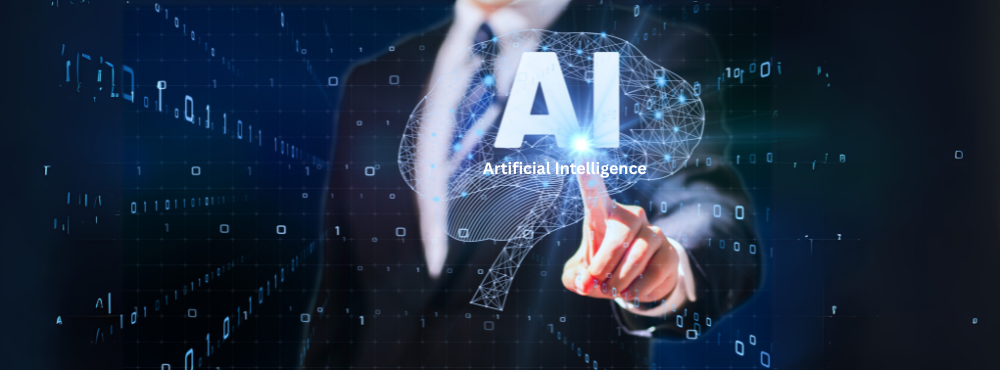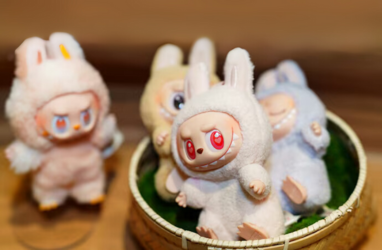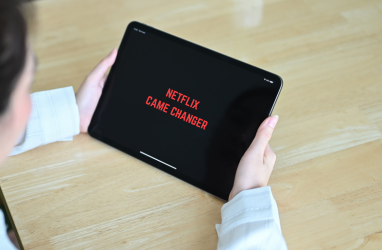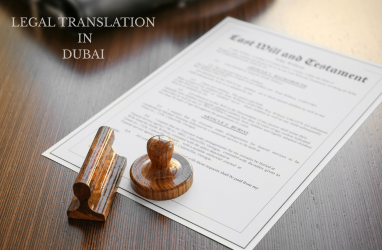The adoption of Artificial Intelligence (AI) evokes both amazement and alarm among the business and legal community. Those who welcome AI adoption are positive about its ability to reduce human errors and others are concerned about the impact of cutting off human intervention in critical functions. AI intellectual property issues are complex and need special attention.
One of the key questions raised by legal professionals is whether the work generated by AI can be patented or copyrighted in the same way we protect works created by humans. We will explore questions and issues like these in this blog post.
What is Artificial Intelligence?
AI is a field of science that uses a set of technologies to empower computers to carry out advanced works such as grasping and translating written or spoken language, analysing data, making suggestions, etc.
AI comes in the form of chatbots, digital assistants, face recognition apps, etc.
Chat GPT is the most popular and advanced example of an AI, which can create human-like conversations using natural language processing technology (NLP).
Popular Examples of AI Systems
AI is here to stay and is likely to evolve further. Some of the examples of AI include:
What is Generative AI?
Generative artificial intelligence or gen AI is currently the most ubiquitous form of AI that uses algorithms to create new content or ideas and reuse them to solve new problems. The content generated by generative AI can be in the form of images and videos.
Chat GPT is one of the prime examples of Gen AI. Since it generates content, generative AI is tied to intellectual property rights. Gen AI copyright issues are likely to increase as we continue to use AI tools like Chat GPT.
AI & Intellectual Property Laws
Intellectual Property laws across the world are not clear about protecting works created by AI. Traditionally, Intellectual Property laws grant protection to the creations of humans, be it copyright or patents.
However, AI-generated content is not the result of human hands.
At present, laws are unclear about whether rights should be granted to AI creations in the same way as works created by human hands. Since AI is about to stay here, intellectual property laws should be developed to accommodate provisions concerning AI content.
AI and Patent Protection
Patent registration presents a tricky challenge for AI systems. The name of the inventor must be stated in a patent application. This is a mandatory requirement, and we need to know whether an AI system can be stated as the inventor of a patent. However, in a recent case, the European Patent Office concluded that the inventor of a patent must be a human.
AI Copyright Protection
Copyright laws generally do not mandate that an author must be named to get copyright protection for original works of authorship. However, most copyright laws assume the author is a natural person (an individual). This complicates the AI copyright protection process.
Question of AI Intellectual Property Ownership
Apart from inventorship and authorship, the current laws need to address who can own the intellectual property rights of AI-generated content.
It is widely agreed that AI systems lack legal personality and are therefore unable to possess Intellectual Property rights.
However, there are opinions about assigning the Intellectual Property ownership to any of the following candidates:
- Owner of the AI system
- The developer who has coded the AI system
- The trainer of the AI system
- The user or operator of the AI system
Gen AI Intellectual Property Risks
Generative AI creates issues of authorship, ownership, and copyright infringement. Gen AI copyright issues arise because AI tools like Chat GPT gather information from the internet and reuse it for content creation or problem-solving. It means the content created by Gen AI may contain elements that already exist in literature or art. This may be considered as copyright infringement.
Let us examine the AI intellectual property risks in detail:
A. Training AI Systems
A massive amount of data is required to train Gen AI systems. A great share of those data is available on the internet. Using such data to train Gen AI systems spikes the risk of infringement if they are protected by copyright or other intellectual property rights.
B. Creation and Use of AI Output
If a person creates and uses the output generated by an AI system, it could lead to copyright infringement issues. Infringement occurs when the content is similar to a copyright-protected work.
This can happen when an AI system like Chat GPT responds to a specific niche question. In such cases, the AI system will be forced to gather information from a smaller number of data sources. The resultant content is likely to plagiarise existing content, leading to copyright infringement.
C. AI and Trademark Risks
AI's impact on trademarks is most often overlooked. Companies can use Generative AI to create catchy slogans, brand names, or logos. Using AI to create trademarks is a risky attempt.
The AI system will review a huge amount of existing brand names and logos if you ask it to generate a brand name or logo for your business. If you ask the AI to create five brand names, chances are high that it will give you at least one name that conflicts with protected trademarks.
We advise businesses to perform a trademark search before finalizing a brand name, logo, or slogan generated by AI programs.
How to Protect Intellectual Property in the Age of AI?
You need to develop specific strategies to protect your intellectual property in the age of AI:
IP audits and compliance checks
It is advisable to regularly audit the materials and methodologies used in AI development. It will help you identify potential Intellectual Property infringements.
Licensing Agreements
AI companies must secure appropriate licensing agreements to ensure that they have the right to integrate datasets or algorithms into their technologies without committing intellectual property infringement.
AI-specific Intellectual Property Guidelines
There should be a clear strategy for the use of AI within an organization. A guideline can be developed in this regard addressing ownership of AI content. However, these guidelines should be in line with your Intellectual Property strategy.
Call us to secure your Intellectual Property.
AI’s impact on Intellectual Property is likely to grow more complicated with the development of the technology. Since the laws are not sufficient at present to address AI copyright or patent issues, businesses need to proactively secure protection for their intangible assets.
We at Abou Naja Intellectual Property can help you safeguard your valuable business assets such as trademarks, patents, and copyrights. We are the leading intellectual property firm in the Middle East with more than 50 years of experience. If you require any form of intellectual property protection, drop a mail at [email protected].



